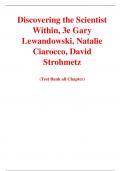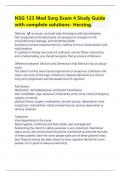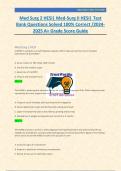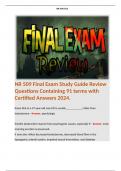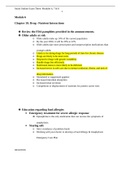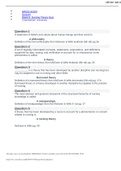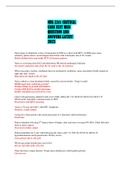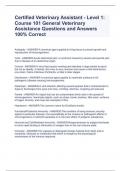Essay
In moral decision making, Act Utilitarianism is the most useful form of Utilitarianism. Discuss.
- Institution
- OCR
This is a 38/40 OCR A-Level Religious Studies - Ethics essay on the topic of Utilitarianism. It weighs up act Utilitarianism and its effectiveness in moral decision making, topics that appear in this essay are: - Act Utilitarianism - Rule Utilitarianism - Jeremy Bentham - John Stuart Mill - He...
[Show more]




